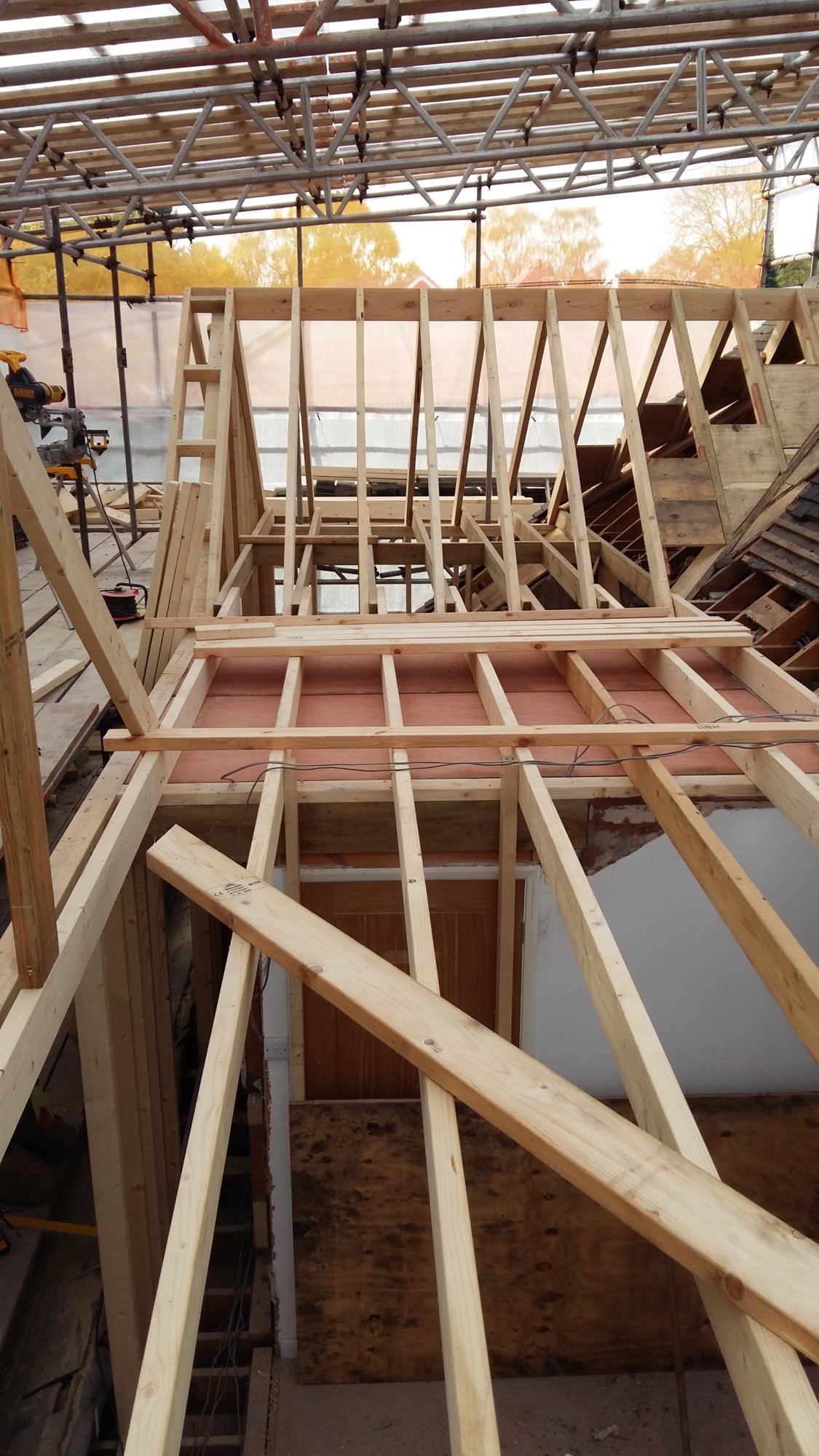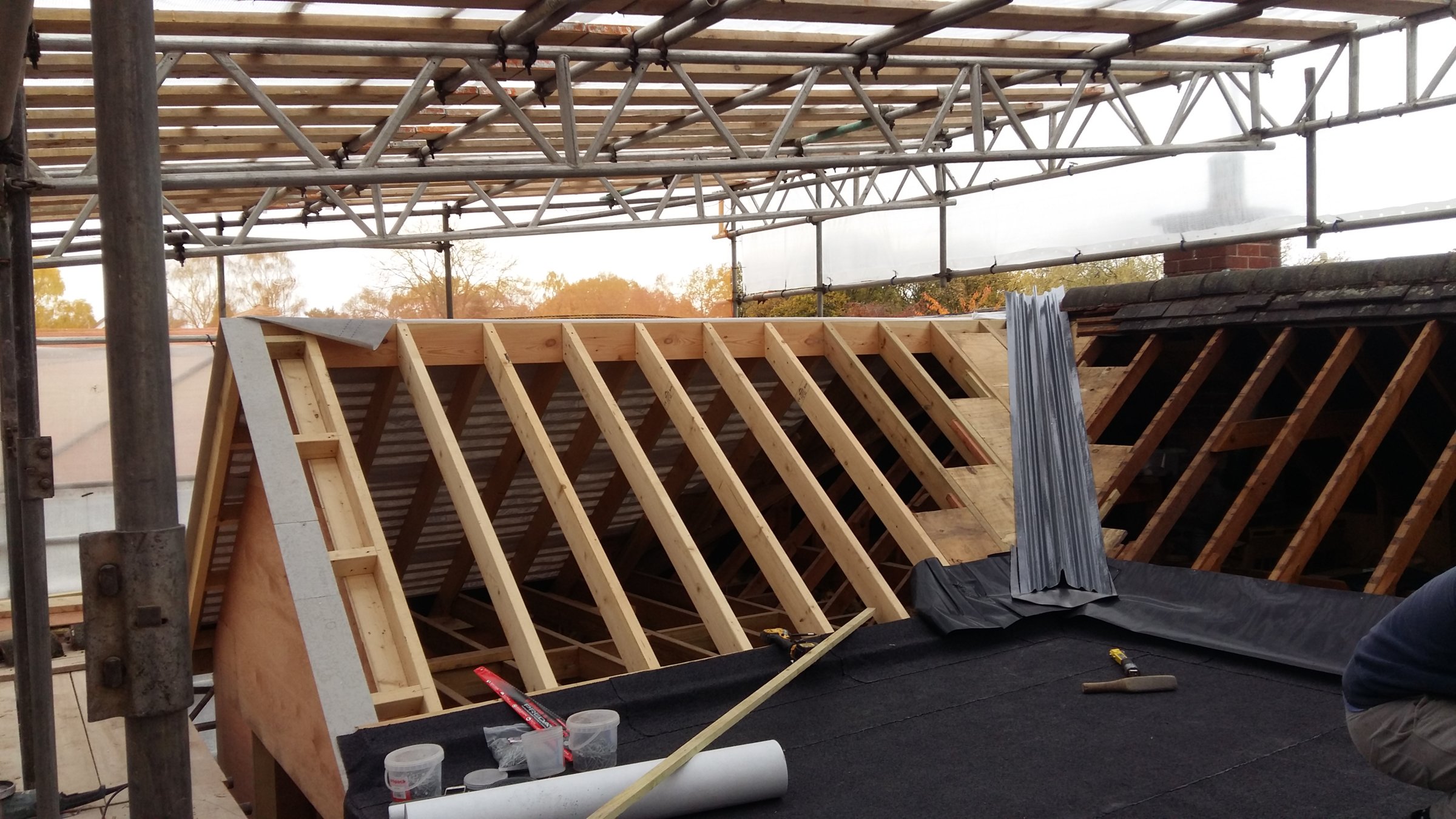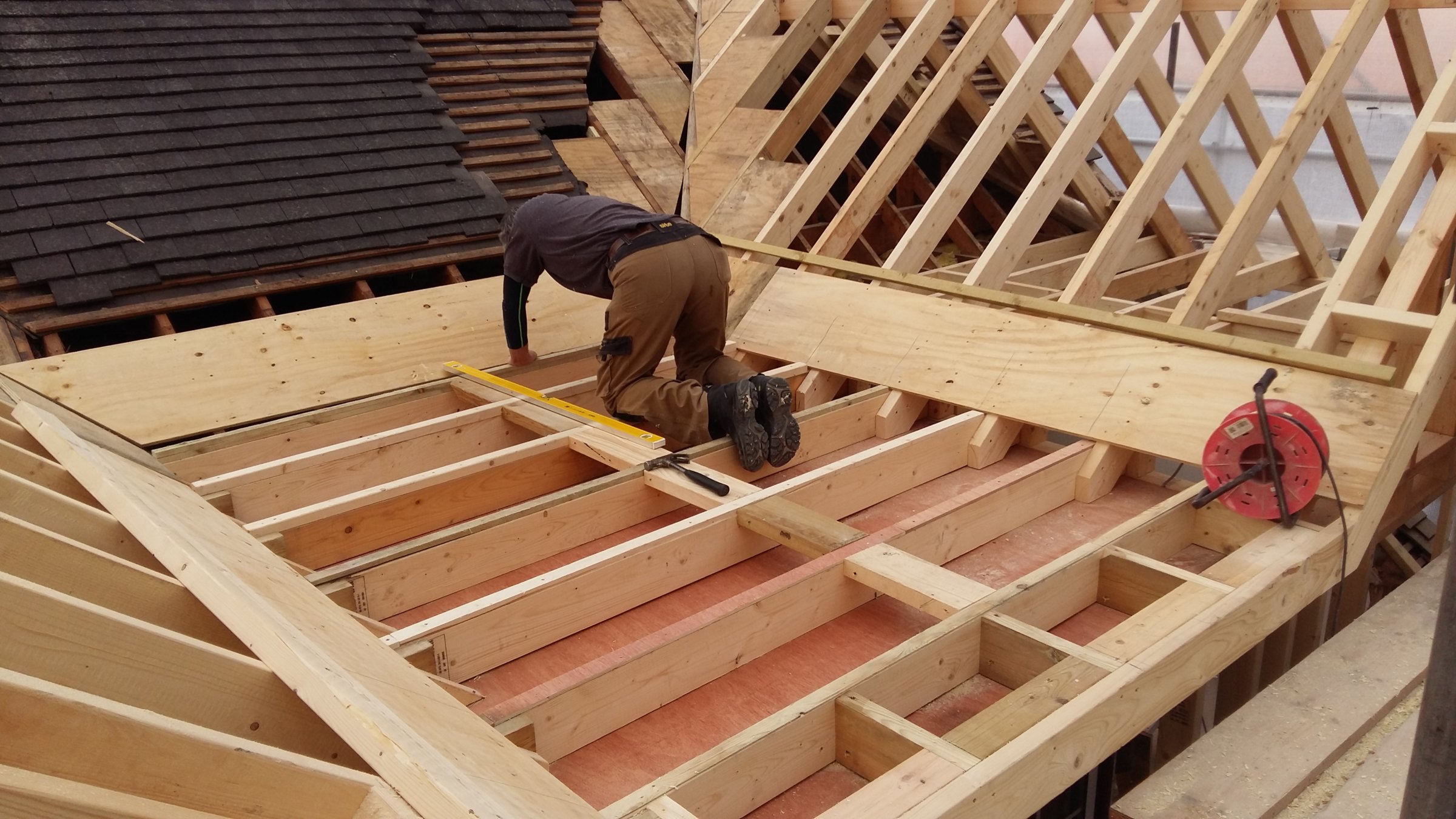I've been a shuttering chipppy for the last 15+ years and have had enough of it. I've always wanted to do nicer work with good finishes and the cold is creeping into my bones so i want to get myself a job as a multitrader, preferably with the emphasis on carpentry.. Can i get a few tips on how best to make the move? I've set my stall out this last week honestly i.e. not fabricating a work history on CV and stating my case as having an eye for detail, being keen as mustard and being fairly competent with finish carpentry, tiling and basic plumbing. I've been submiting a lot of applications along these lines and havent had a sniff so is it a case of having to blag it to get a foot in the door? I know i'll have plenty to learn on the interior joinery but i'm a good study and will enjoy it. Also.. whats the situation there for tools? Is everyone cordless for everything bar the sds or would you still have a few corded tools.. and would you go 110 or 240v?
Thanks
Thanks






